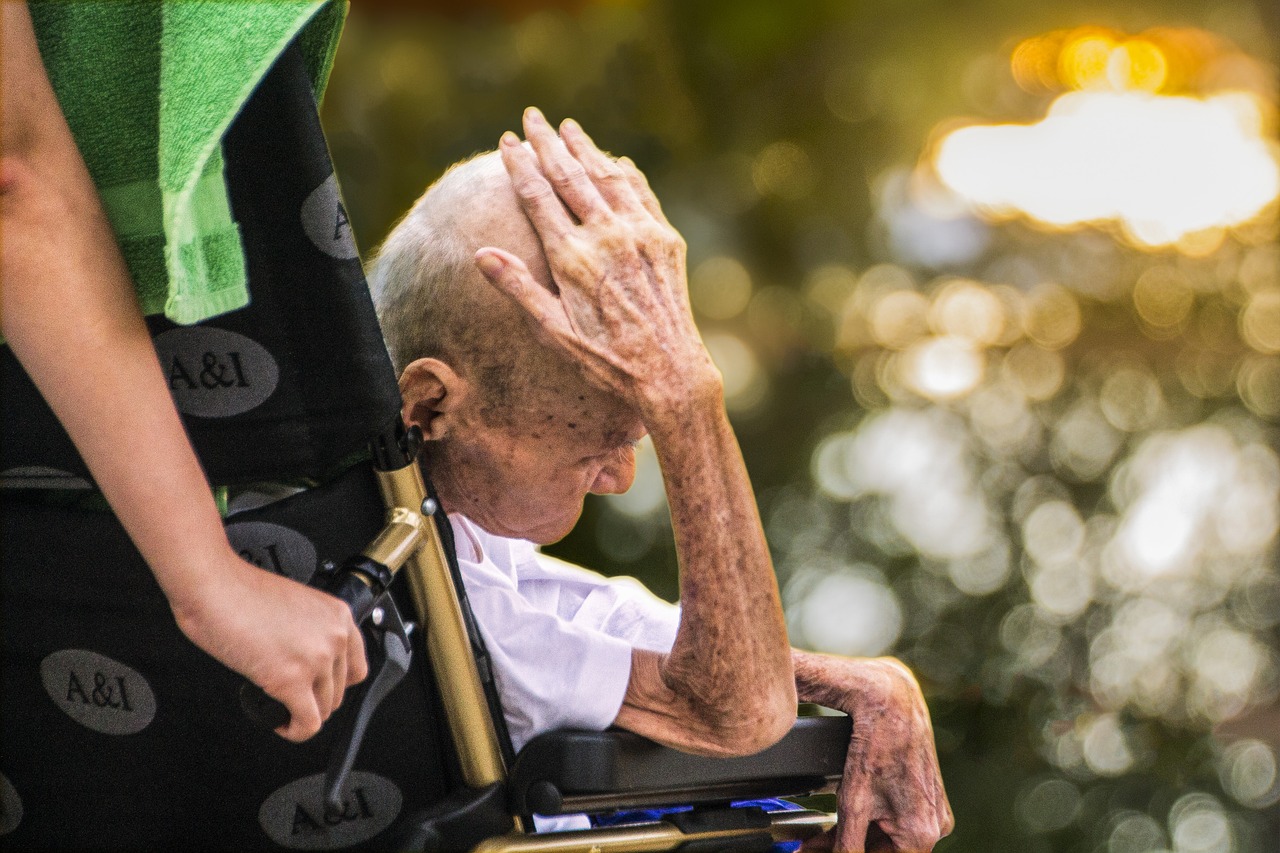Nursing homes in the United States have greatly reduced their use of antipsychotic drugs among elderly residents in response to complaints from various agencies. However, advocacy groups argue that overmedicating seniors in such institutions still remains a problem, and are clamoring for additional measures.
The latest data from the federal Centers for Medicare & Medicaid Services, or CMS, states that the percentage of long-term nursing home residents who are given powerful antipsychotic drugs decreased from 24% in 2011 to under 16% last year. All states showed a drop in numbers, the biggest showing in Tennessee, California and Arkansas, Fox News reports.
Jerry Gurwitz, chief of geriatric medicine at the University of Massachusetts Medical School, calls this overall reduction “one of the most dramatic changes I’ve seen in my career.” But he does wonder if some nursing homes might still be using other kinds of medicines to sedate patients without drawing the same level of attention.
Advocacies such as the Center for Medicare Advocacy and AARP Foundation Litigation say that even this lowered use of antipsychotics is excessive, especially in the face of federal warnings that older adults with dementia have a higher risk of death when these drugs are used on them.
Kelly Bagby of the AARP foundation said,
Given the dire consequences, it should be zero.
Bagby, counsel for the foundation, has engaged in several court cases on nursing home medication practices. He reasons that such drugs are often used for sedation, not for medical benefits.
Human Rights Watch released a detailed report advising federal and state authorities to tighten regulations on the improper use of antipsychotic medicines.
The report, which was based on interviews with over 300 people and visits to 109 nursing homes in six states, said, “On paper, nursing home residents have strong legal protections of their rights, but in practice, enforcement is often lacking.”
Human Rights Watch says that around 179,000 seniors in nursing homes receive antipsychotics weekly without getting a diagnosis for the drug’s approved use. “Antipsychotic drugs alter consciousness and can adversely affect an individual’s ability to interact with others. They can also make it easier for understaffed facilities, with direct care workers inadequately trained in dementia care, to manage the people who live there,” the report says.
The same groups point out that medical regulations have been too lax, and worry that this administration will grow more lenient following its agenda of deregulation.
























